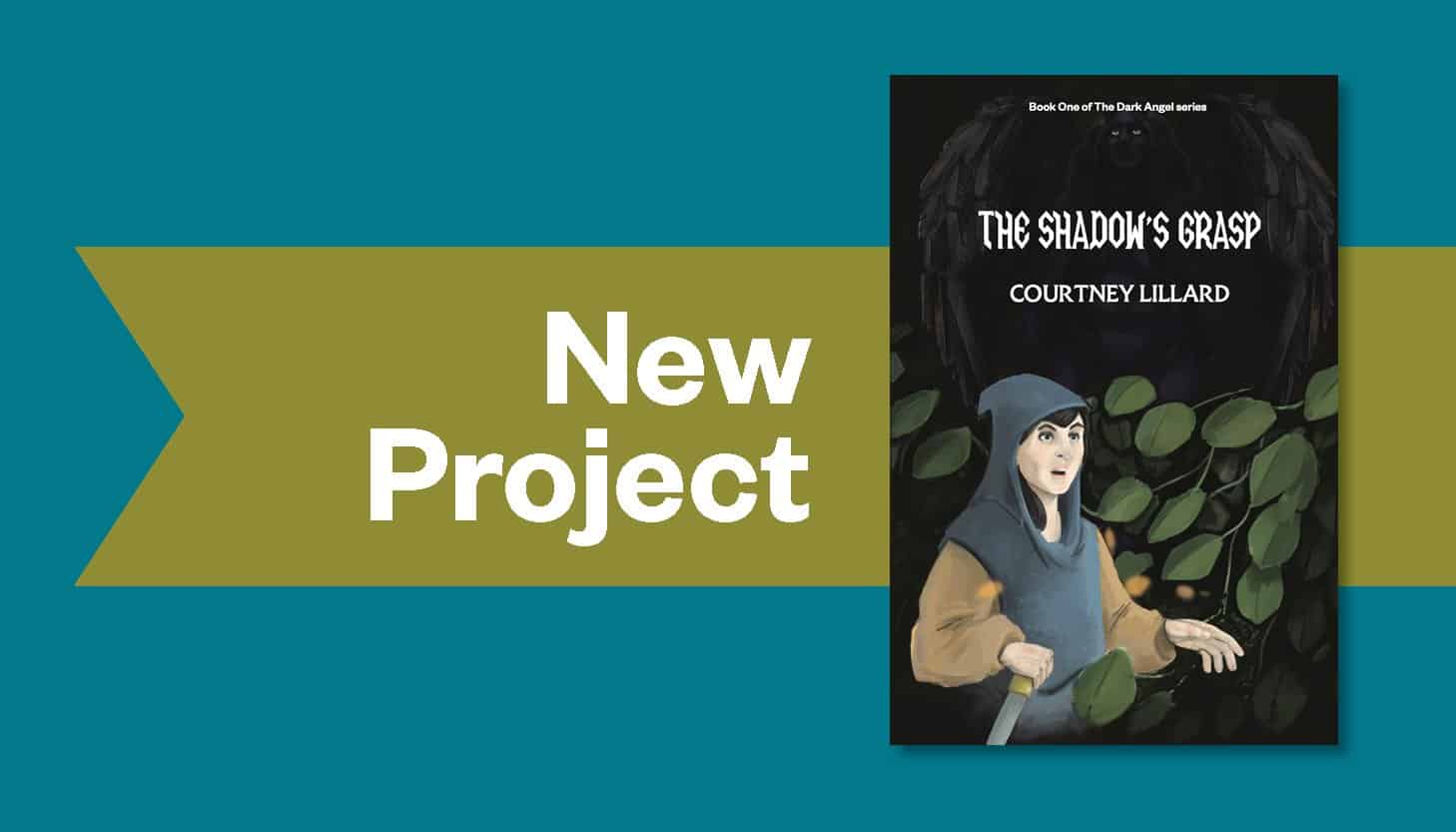Your writing is too long. How do I know? If you haven’t spent time cutting words from your writing, it’s too long.
This comes from someone who feels your pain. I’m a wordy writer. I’ve spent years learning from the best wordsmiths how to not be a wordy writer, and I still fall short (long, whatever).
How Many Words Is “Too Long”?
Your writing is too long if it begins to bore or aggravate your reader. That point, wherever it may lie, varies considerably depending on the medium in which you’re writing and the stamina of the reader. I’ve been stymied on the first paragraph and couldn’t make myself read the rest of the writing; I’ve also read The Lord of the Rings trilogy several times over. Your readers’ mileage will vary.
A 55,000-word manuscript, once typeset, will be approximately 220 pages. That’s a decent-sized book. If that manuscript balloons to 100,000 words, it will be approximately 400 pages when typeset. Is 400 pages too long? It depends on the audience and the medium, but assuredly there is room to cut.
Let’s say you are expecting to write a 250-page book. You’re aiming for 60,000 words, but you’re closer to 80,000. Cutting 20,000 words seems impossible. How do you even start?
Here are seven ways to make your writing lean and mean(ingful).
1. Cut 10 Words per Page
This is the best trick of all. Your 80,000-word manuscript is about 320 pages. If you remove only 10 words per page, you can cut 3,200 words from your manuscript. Ten words is about one sentence. You can surely find one sentence that can be eliminated and not lose meaning. Need to cut more? Try 20 words per page or two sentences.
This method works well because you’re cutting consistently across the entire manuscript and not individual sections or individual words, which is more complicated.
2. Eliminate Fluff
Substitute damn every time you’re inclined to write very; your editor will delete it and the writing will be just as it should be. —Mark Twain
We often write as we speak, and the fluff from our verbal life sneaks its way into our writing. This fluff takes the punch away from your sentences. When qualifying and filler words occur three and four to a page, they become distracting and annoying to readers.
Most filler words are adverbs and adjectives. Use William Zinsser’s technique and read your sentences aloud. Note the rhythm and sound. Do your adverbs and adjectives overpower your verbs? Then get rid of the adverbs and adjectives. The action is what’s important.
Common filler words include very, seriously, really, some, rather, little, even, just, perhaps, maybe, seem, and that.
That is a special case. Delete it when it’s used as a conjunction introducing a subordinate clause and can be eliminated without changing meaning: “She said that she would be early to the meeting” is the same as “She said she would be early to the meeting.”
Another special case is even though. You can shorten it to though or although, but be careful when you do. While all three introduce a result that is surprising or unexpected, though and although lack the emphasis of contrast that even though carries: “Even though the street was empty and the moon lit her way, Megan still felt nervous as she walked home” doesn’t have the same weight as “Although the street was empty and the moon lit her way, Megan still felt nervous as she walked home.”
Not all fluff needs to go. If a filler word serves a purpose, keep it. The objective is to shorten your word count by eliminating unnecessary words and cutting or revising anything distracting to the reader.
3. Eliminate useless words and phrases
Tighten up your story by removing these words and phrases from your writing (thanks to Zinsser and Strunk):
There is no doubt that (substitute: No doubt)
The reason is that (substitute: Because)
This is a topic that (substitute: This topic)
In spite of the fact (substitute: Although)
The fact that he had not succeeded (substitute: His failure)
The question as to whether (substitute: Whether)
It is interesting to point out (just point it out)
I am tempted to say (just say it)
In a sense
I might add
It is interesting to note (just note it)
Sort of
Kind of
Just a little bit
A bit
In order to (substitute: to)
4. Don’t Blather
It’s easy to take tangents in our writing. Our brain makes a left turn, and we follow for a while, until we remember where it is we really wanted to go. Is what you wrote necessary? Does it add or just clutter? If you like what you wrote but it isn’t germane to the story, eliminate it from your current project and store it somewhere to use later.
5. Don’t Repeat Yourself
Every writer does this. We write something, and then we write it again using different words and emphases. Sometimes we use the same word or phrase repeatedly without realizing it. Say what you need to say once, then stop. Repeating yourself will either irritate your readers or put them to sleep.
The author of a fantasy series I continued to read (it had an interesting premise) constantly used a phrase I grew to anticipate with dismay: dish up. Every meal—breakfast, lunch, dinner, on the road, in an inn, at someone’s house—was dished up. Please don’t do something like that to your readers.
6. Focus on the Message
It’s easy to write too much when we have little to say. Counterintuitive? Remember when you had to write a 500-word essay and did it by filling it with blather? (See points 2, 3, and 4). When you overwrite, it means you are likely focusing on yourself, not the reader, and your message is being lost.
7. Edit and Edit Again
Copyeditors edit in stages called “passes.” They usually do two passes through a manuscript, concentrating on different aspects of the writing each time. Copy those copyeditors and edit not once, but twice. When you’re finished writing, put your story aside for a few hours or days. Come back to it fresh and edit it, then take another break. Read your story through and edit again. You may be surprised at what you missed the first time.
No manuscript is perfect, and you shouldn’t expect it to be—that way lies madness. But you can always make it better by throwing out the chaff.
Want to keep up with our blog? Sign up to get an email notification when we publish new posts.


